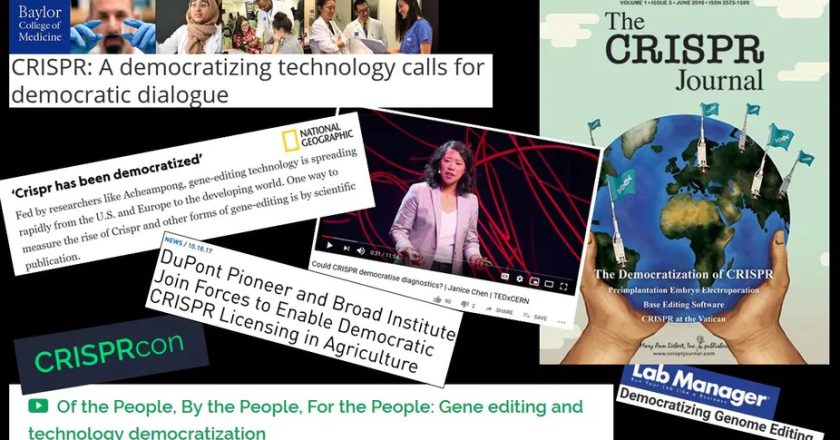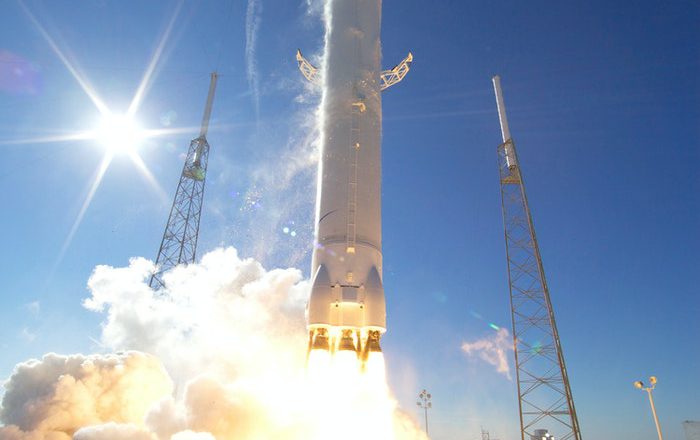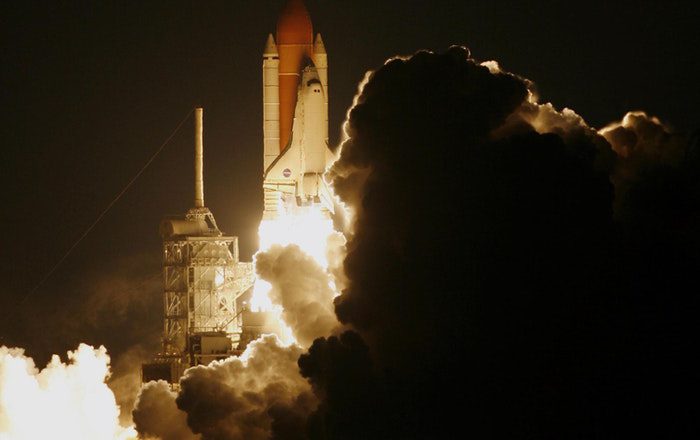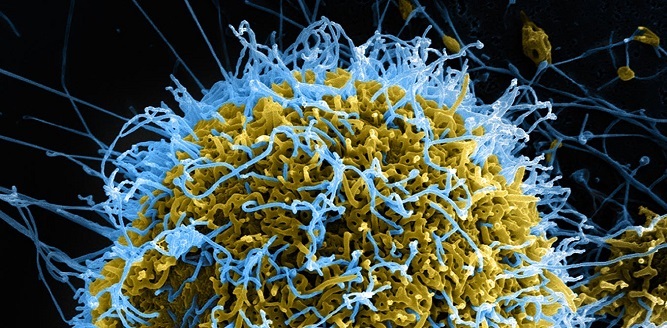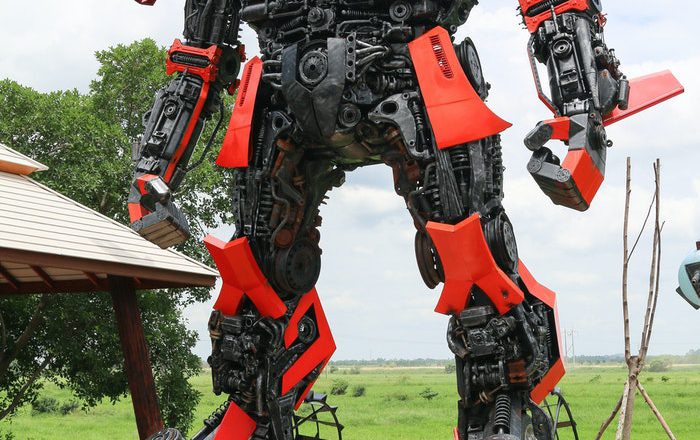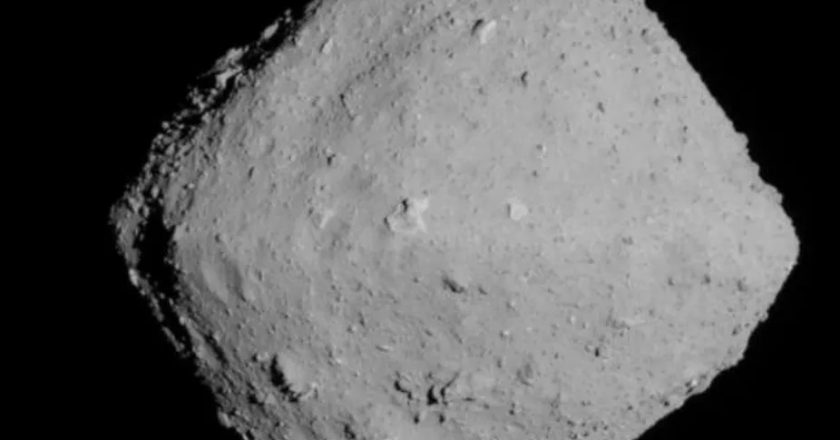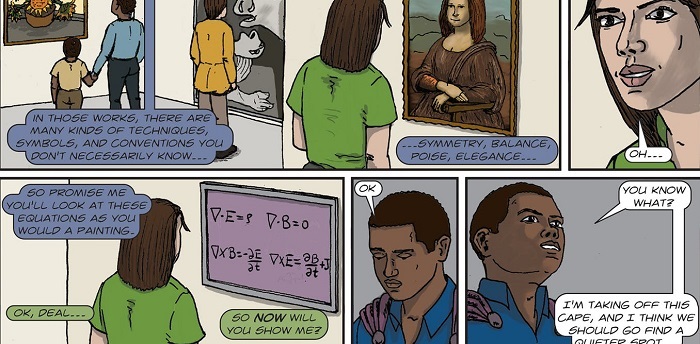How a new biotech rule will foster distrust with the public and impede progress in science
In May, federal regulators finalized a new biotechnology policy that will bring sweeping changes to the U.S. food system. Dubbed “SECURE,” the rule revises U.S. Department of Agriculture regulations over genetically engineered plants, automatically exempting many gene-edited crops from government oversight. Companies and labs will be allowed to “self-determine” whether or not a crop should undergo regulatory review or environmental risk assessment.
Does CRISPR really make it easier for all scientists to produce gene edited crops and animals?
Maywa Montenegro, CC BY-SA
Initial responses to this new policy have followed familiar fault lines in the food community. Seed industry trade groups and biotech firms hailed the rule as “important to support continuing innovation.” Environmental and s...
